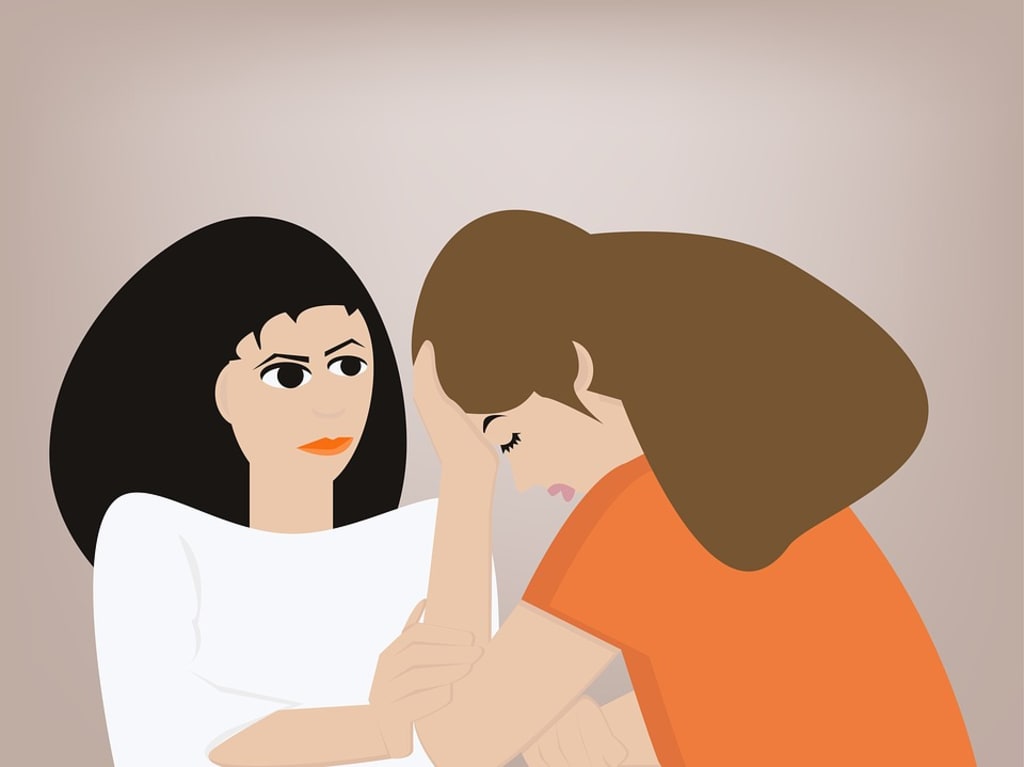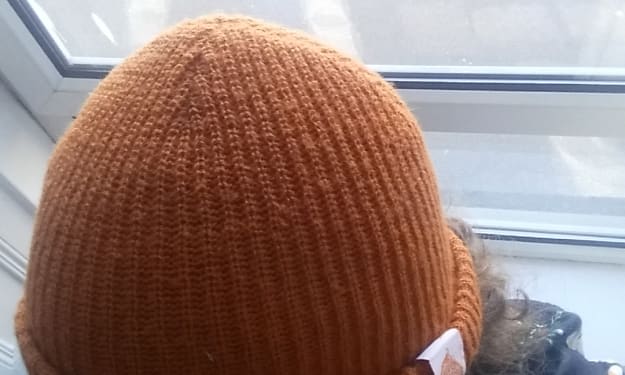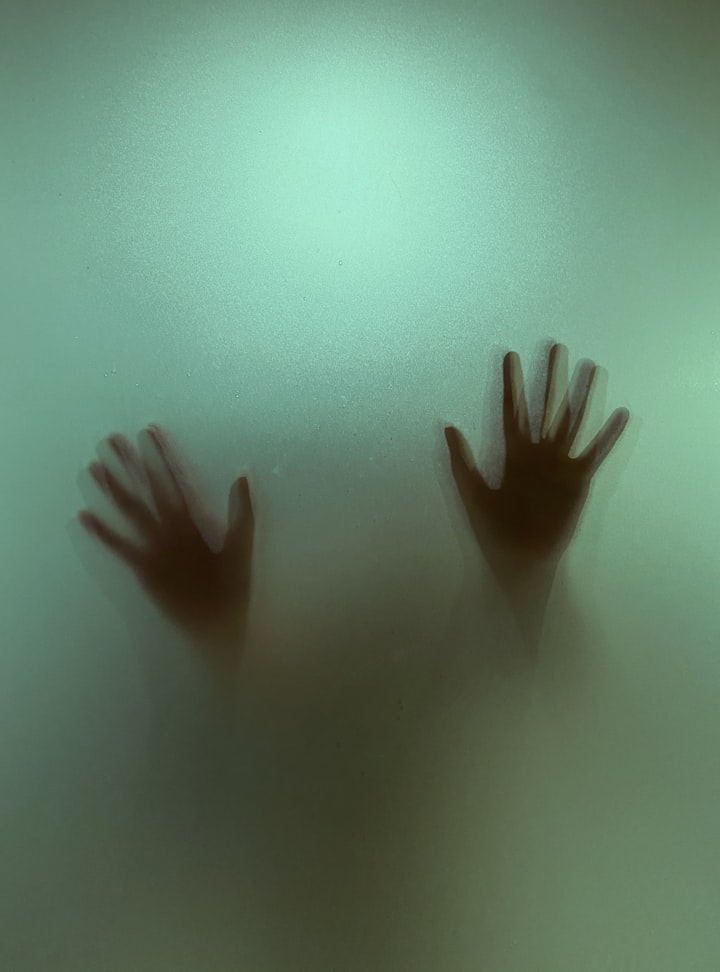Small Traumas (1)
In Which Harriet Tries Therapy

"You don't like that word, trauma, do you?"
My therapist looked at me with her unnervingly astute eyes. She had a beaked nose and a no-nonsense attitude that I liked, up to a point at least. I'd missed two days of work due to anxiety and my school had put me in touch with the council therapy service. I got six free sessions.
It was the first time I'd tried therapy, and I was nervous. I didn't know any of the rules or what to expect. I had never talked to anyone, let alone a professional, about the tangles my mind could work itself into. I didn't even see it as a problem at that point, it was just something I lived with. Your brain is excellent at normalizing what it experiences every day. I worried pretty much every day, so worrying was normal.
The session had started with a quiz to quantify my anxiety. I worried in case my answers weren't correct or didn't pinpoint my feelings with 100 percent accuracy. But I didn't say anything about it to her. Then she started talking about what I should do if I had a panic attack, as that had been the ruse I'd used to call in sick with because it sounded better to me than "I am too frightened to function." I felt like an imposter who was wasting her time. But I kept quiet about that too.
And then we came to trauma. "Can you think about anything in your life that was traumatic, that changed your life completely?" she asked.
I struggled with that. Not because I didn't know about trauma of course, but because I'd always associated trauma with grander events than those in my little life. Like kids who are orphaned or abused. Not kids like me who had just been bullied. In my final year at university, I'd done a whole course on trauma literature. Six weeks on the Holocaust, 9/11, Bloody Sunday. Massacres, riots, terrorists, atrocities, death camps, memorials, photographs, public grief. That's trauma.
I couldn't equate that with my life. So no, I didn't like the word trauma.
"I’ll stop using that word then. Something that changed your life."
After some awkward conversation, we eventually settled on my first student teaching placement that had been at a private school. There had been a lot of pressure there, yes, and it probably had changed me. But I wasn’t really buying it. It was my first experience of teaching and my brain normalized it because I didn’t know any different. I enjoyed a lot of my time there but had been glad to leave. There were tears, late nights and worries, but there have been those at all the schools I’ve worked at. Comes with the territory.
I left my first session with instructions to write down two good things a day about myself and a letter to the private school that explained how I felt about them and the trauma they’d created in my life. After writing the letter, I was to dispose of it in some personally significant way. I never wrote the letter, but I thought about putting it into a bin at the university as I had objected to a lot of things about the teaching qualification and figured that if there was any real trauma then that’s where it was coming from. The other idea I played around with was getting rid of it in water, like the end of The Piano where Ada leaves her past troubles behind at the bottom of the Pacific ocean. I couldn’t replicate the scene exactly, but I figured I’d wade in a little and maybe put my head under water before letting go of the letter. A bit more poetic than binning it at the university.
Anxiety was never mentioned in any of the three sessions I had with the therapist. It was always about improving my self-esteem so that I had a stronger base to fight the worries from. At the end of each session, I felt vulnerable and scared. It was as though she pulled everything out of me, put it on the table and said "There! look at that!" But afterwards, she would never tell me how to manage it once it was out of me. I didn’t see the point in talking to her because I never grasped the relevance of it in relation to how I was going to get better. During our last session, she asked me why I kept coming back. What was I expecting to happen, what was I needing to talk about? And so, I stopped going back.
About the Creator
Harriet Christabel
Harriet Christabel is a writer living in Scotland. When her depression and anxiety let her, she enjoys knitting, reading, a good mystery and true crime.






Comments
There are no comments for this story
Be the first to respond and start the conversation.